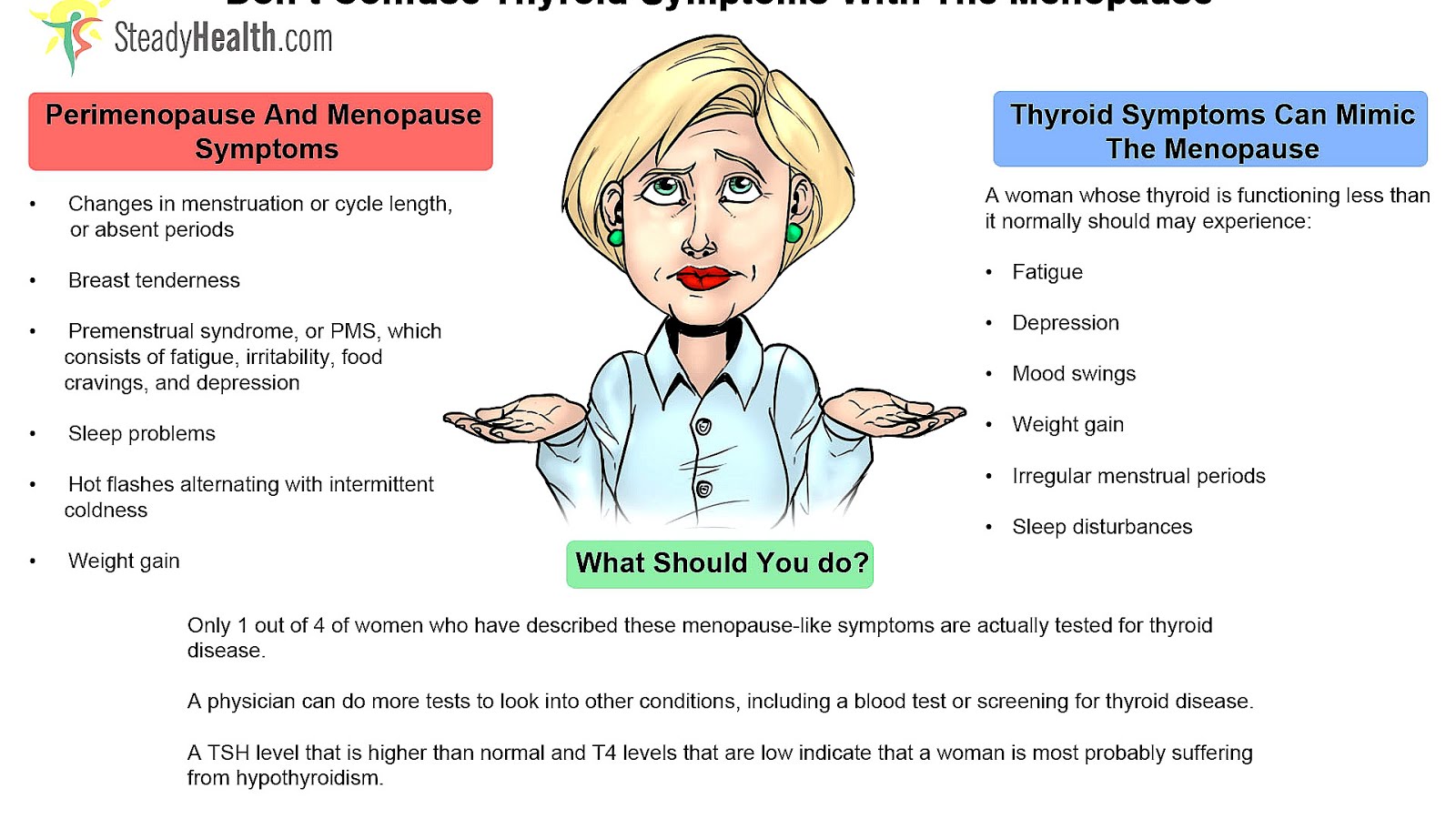Breast tenderness menopause – Breast tenderness during menopause is a common experience that can cause discomfort and affect daily life. This condition is caused by hormonal changes and can be accompanied by other symptoms such as swelling, lumpiness, and pain. Understanding the causes and available treatment options can help women manage breast tenderness and improve their overall well-being during menopause.
Breast tenderness during menopause is primarily caused by the decline in estrogen levels, which leads to changes in the breast tissue. Estrogen helps to maintain the structure and elasticity of the breasts, and its decrease during menopause can result in breast tissue becoming more sensitive and tender.
Treatment Options for Breast Tenderness
:max_bytes(150000):strip_icc()/VWH_Illustration_When-to-Seek-Medical-Attention-for-Breast-Pain-in-Menopause_Illustrator_Sydney-Saporito_Final-6b6aa38c68fb4fe2861104dcd613a28b.jpg)
Breast tenderness during menopause can be effectively managed with a range of treatment options. These include hormone replacement therapy (HRT), non-hormonal medications, and lifestyle modifications.
Hormone Replacement Therapy (HRT)
HRT involves taking hormones, such as estrogen and progesterone, to replace the hormones that decline during menopause. HRT can be effective in reducing breast tenderness by restoring hormone levels and alleviating menopausal symptoms.
Lifestyle Modifications for Breast Tenderness: Breast Tenderness Menopause

Lifestyle modifications can help reduce breast tenderness during menopause. Simple changes in daily habits can provide significant relief from discomfort.
Wearing a Supportive Bra
Wearing a supportive bra is crucial for reducing breast tenderness. A well-fitting bra provides support and reduces movement, which can aggravate tenderness. Look for bras with wide straps, adjustable bands, and cups that fully cover the breasts.
Avoiding Caffeine and Alcohol, Breast tenderness menopause
Caffeine and alcohol can both contribute to breast tenderness. Caffeine acts as a stimulant, which can increase blood flow to the breasts and worsen tenderness. Alcohol can also cause fluid retention, which can lead to breast swelling and discomfort.
When to Seek Medical Advice

Breast tenderness during menopause is a common symptom, but it’s important to be aware of the signs and symptoms that warrant seeking medical advice.
If you experience any of the following, it’s important to see your doctor:
Signs and Symptoms
- Breast tenderness that is severe or persistent
- Breast tenderness that is accompanied by other symptoms, such as a lump, thickening, or discharge
- Breast tenderness that is new or has changed in character
- Breast tenderness that is accompanied by fever or chills
It’s also important to get a mammogram to rule out any underlying medical conditions, such as breast cancer.
Mammogram
A mammogram is an X-ray of the breast that can help to detect breast cancer. Mammograms are recommended for all women over the age of 40, and they can be especially helpful for women who are experiencing breast tenderness during menopause.
Untreated breast tenderness during menopause can lead to a number of problems, including:
Risks
- Increased risk of breast cancer
- Painful intercourse
- Difficulty sleeping
- Decreased quality of life
If you are experiencing breast tenderness during menopause, it’s important to see your doctor to rule out any underlying medical conditions and to get the treatment you need.
FAQ Insights
What are the common symptoms of breast tenderness during menopause?
Breast tenderness, swelling, lumpiness, and pain are common symptoms experienced during menopause.
What causes breast tenderness during menopause?
Breast tenderness during menopause is primarily caused by the decline in estrogen levels, which leads to changes in the breast tissue.
What lifestyle modifications can help reduce breast tenderness during menopause?
Wearing a supportive bra, avoiding caffeine and alcohol, and managing stress can help reduce breast tenderness during menopause.